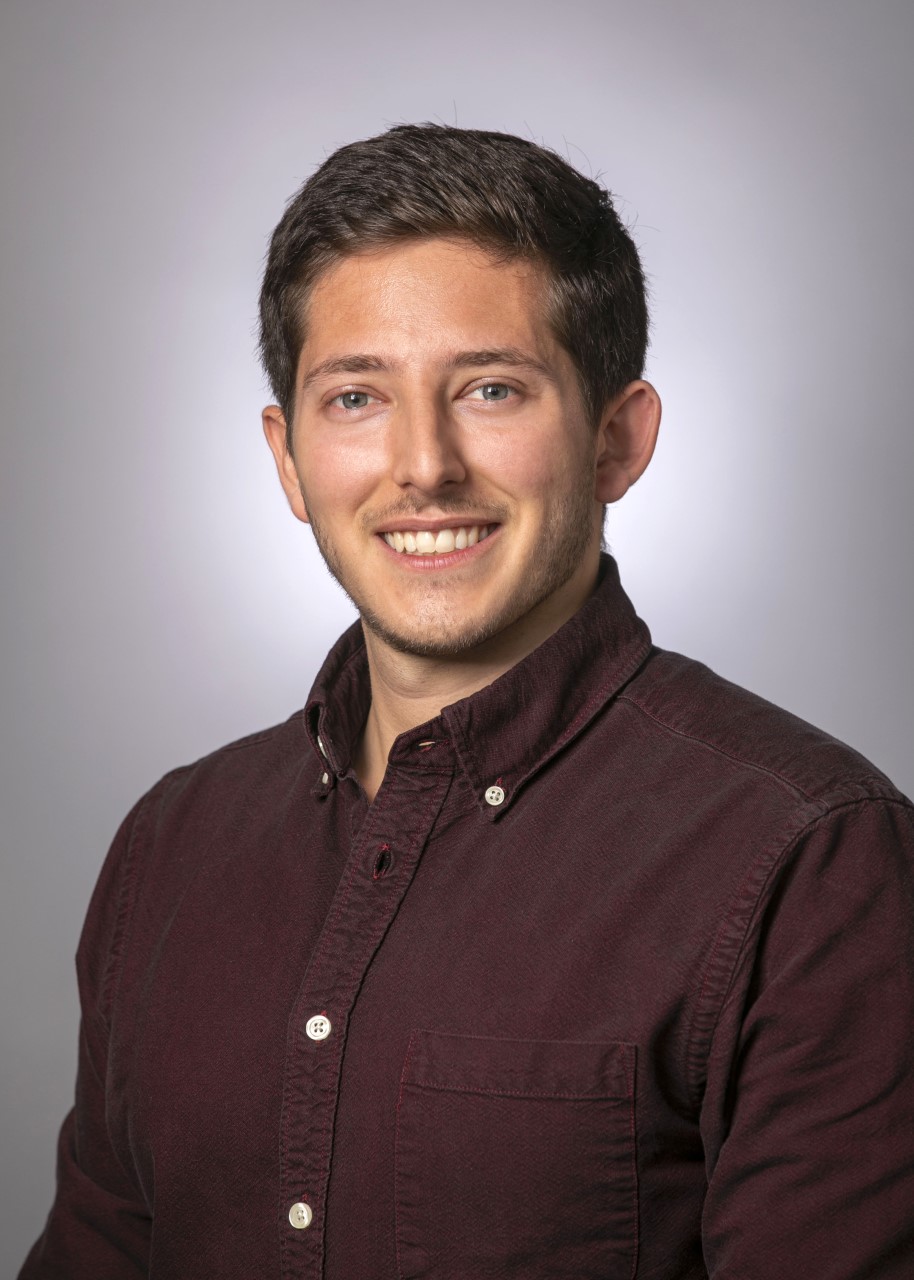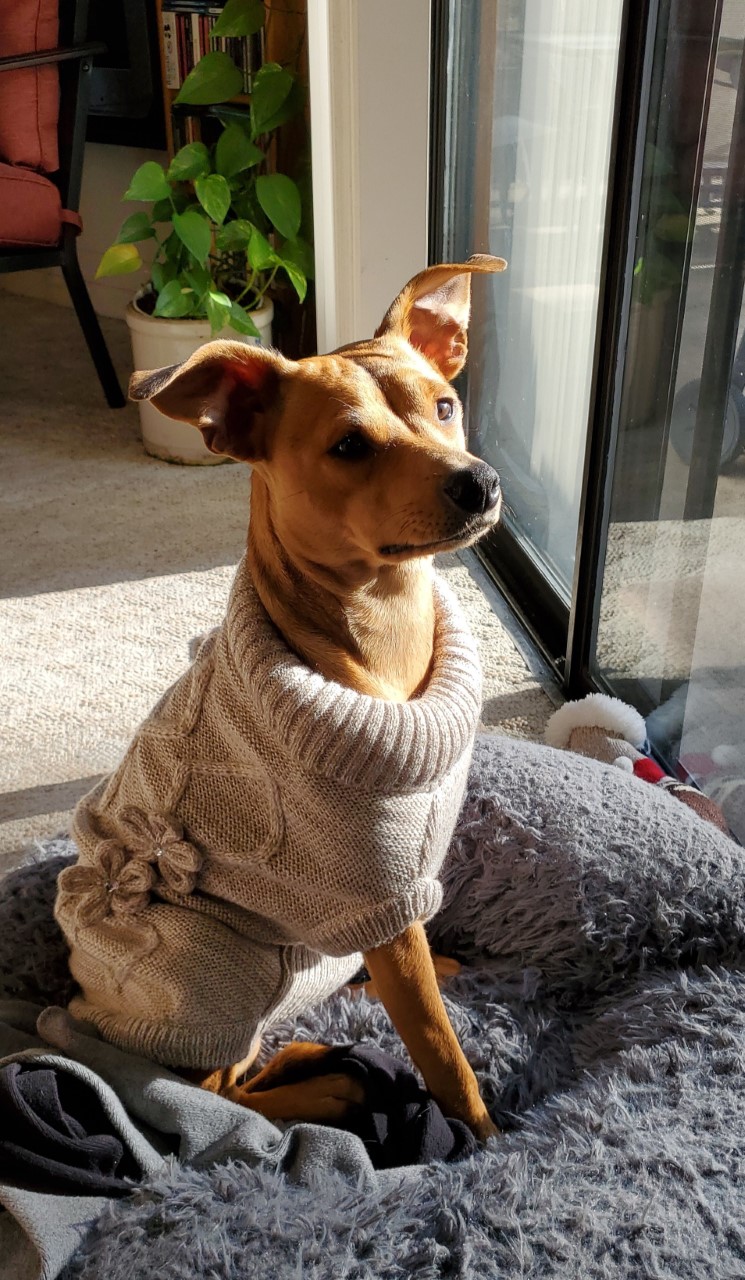Chris Peritore-Galve is a postdoctoral researcher in the Borden Lacy Lab at the Vanderbilt University Medical Center in the department of Pathology, Microbiology and Immunology. He received his PhD from Cornell University. His work is on understanding the role of Clostridioides difficile toxins during infection.
Learn a bit about his research from Chris himself!
"Understanding the role of Clostridioides difficile toxins during infection"
Whose lab are you in, and what made you choose their lab?
I am in Prof. Borden Lacy's lab. I chose to join her lab because she has expertise and projects ranging from solving protein structures all the way to testing function of proteins in vitro and in animal models of infection. I found this to be a unique opportunity to expand my skillset and gain exposure to a lot of different fields.
When you were 5, what did you want to be when you grew up?
I wanted to be a biologist who studied gorillas and helped develop conservation efforts. I used to collect National Geographic wildlife fact files and I would memorize facts about each animal. I think that my imagination took me all over the world to hang out with all those interesting animals.
What was it about science that drew you to it?
I was drawn by the fast-paced dynamic nature of science and the endless amount of information to learn. That is still what keeps me excited every day!
In a nutshell, what do you study?
"C. diff" infection.
Why is your research important? What is its larger impact, and/or how do you foresee it impacting public health?
C. difficile infection is the leading cause of hospital acquired diarrhea. This is a difficult disease to treat and the likelihood of recurrent infection increases with each episode. This disease is mediated by two protein toxins produced by C. difficile. My research and the research in the Lacy lab is important to understand how each toxin affects the host and how they work together to cause severe diarrhea and fulminant colitis. By understanding how each toxin affects the host, we can identify new targets for therapeutic intervention that can help dampen symptom severity and improve disease outcomes.
What has been your biggest challenge as a scientist?
Honestly, it has been having to constantly uproot and move to different places to advance my career. The nomadic lifestyle of an early career scientist paired with imposter syndrome and the lack of role models from historically excluded backgrounds can make a scientific career difficult.
What's next for you?
I will be applying to faculty positions at research institutions within the next couple of years!
Best way to spend time while waiting on an experiment to finish:
Twitter!
What are you looking forward to doing most, once the pandemic is under control, and life starts to return to a state of normalcy?
Taking weekend trips to finally explore the surrounding area.
Is there a resource that has been valuable to you in your journey?
My wonderful partner, family and friends!
What advice would you give a graduate student who identifies with similar minority groups as you?
When you are looking for institutions to join, make sure they have faculty, staff, and trainees from diverse backgrounds that can help form your community.

